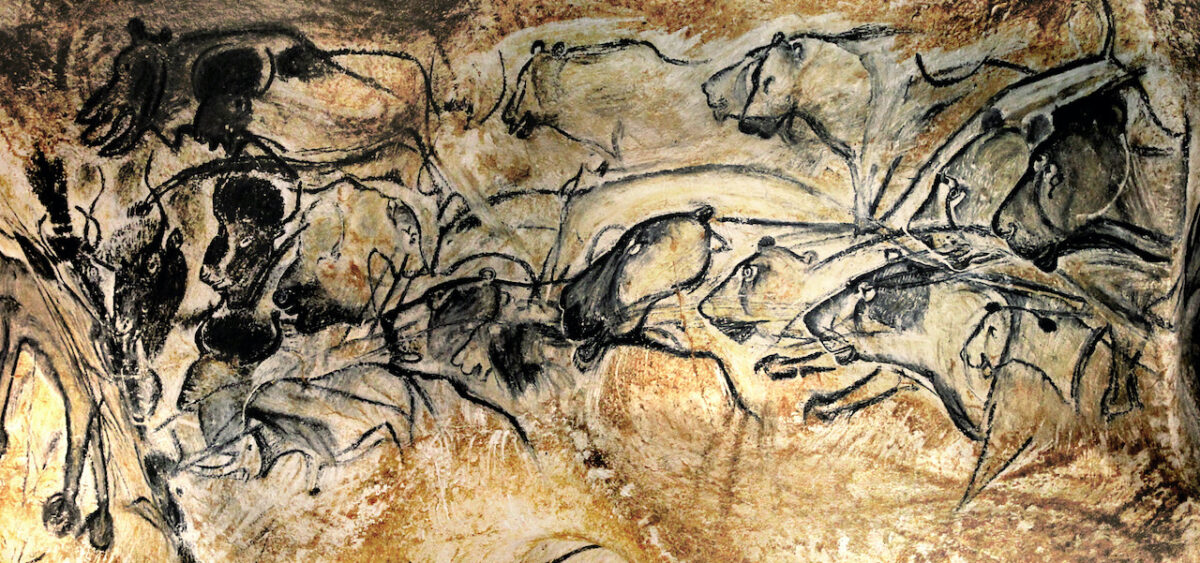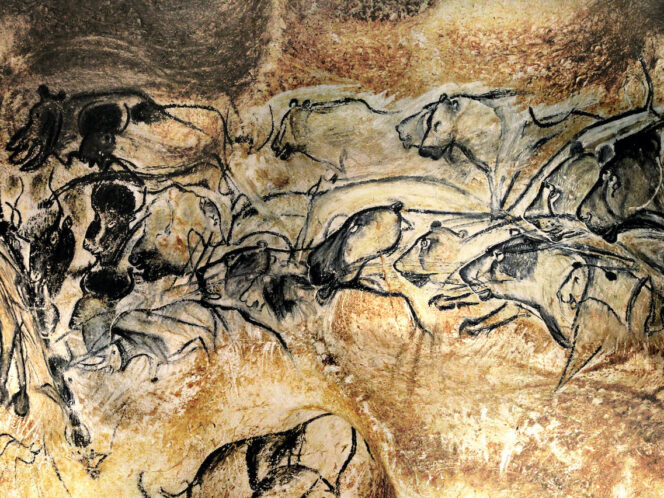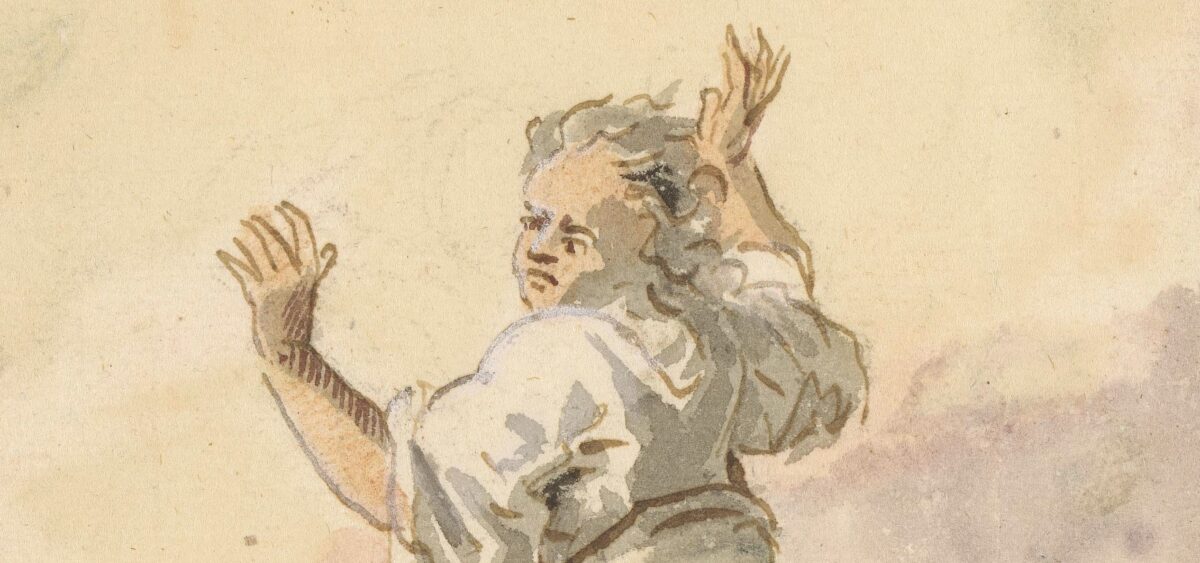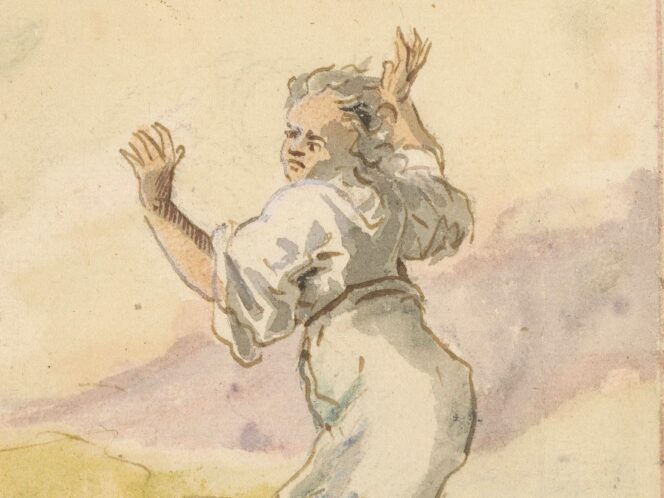
We find it easier to remember unpleasant events than nice ones, we notice an angry face more easily than a happy one, we are quicker to dislike something than to like it. This is because our brain works like it did thousands of years ago. During the French Revolution, Marie Antoinette allegedly told the hungry Parisians to “eat cake”, if they did not have bread (depending on the version of the story, she might also have been offering them brioche). It was supposed to be an argument for the French queen’s inanity and her complete disconnection from reality, which soon after cost her her head. Even though it is still unclear whether she even uttered the phrase in the first place—as through the years it has been ascribed to other rulers as well—the quotation (mainly because of Jean-Jacques Rousseau) has become permanently associated with Marie Antoinette, characterizing her as a rotten and not particularly bright aristocrat. Even though this year marks 228 years since the famous Austrian’s death, no historian has managed to fix her reputation.
The story demonstrates a certain characteristic psychological mechanism—we find it easier to remember something bad than something good. Experts say that the human brain in general tends to focus on negative experiences, anger and the wrongs we have suffered, while overlooking positive experiences. Why is this the case? We should turn to evolution for answers.
Taught to Fear
As the American neuropsychologist Rick Hanson observes in his book Hardwiring Happiness: The New Brain Science of Contentment, Calm, and Confidence, our brain evolved to learn quickly and draw conclusions from bad experiences. This approach had an adaptative function, as concentrating on dangers helped our ancestors survive. The crucial role was played by fear. The fear of being attacked and eaten by a predator, the fear of other, hostile groups of people, an encounter with whom could end tragically. Research by Samuel Bowles and Jung-Kyoo Choi published in Science shows that even though some human groups could interact with each other peacefully, on average one in eight men was still killed as a result of conflicts between groups. For comparison, statistics show that across the twentieth century, one in 100 men was killed in war.
“Our ancestors








